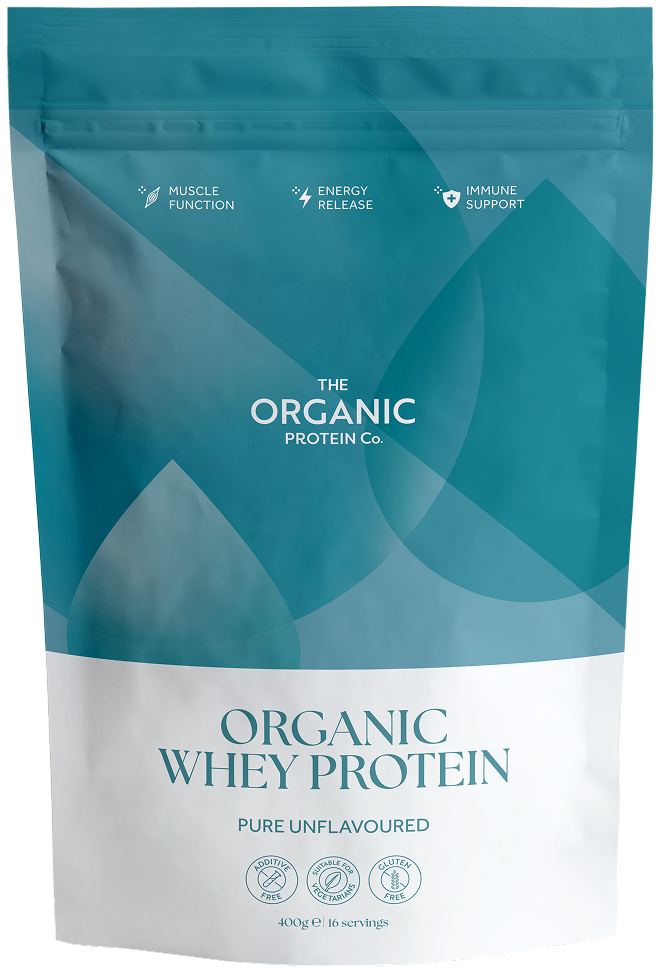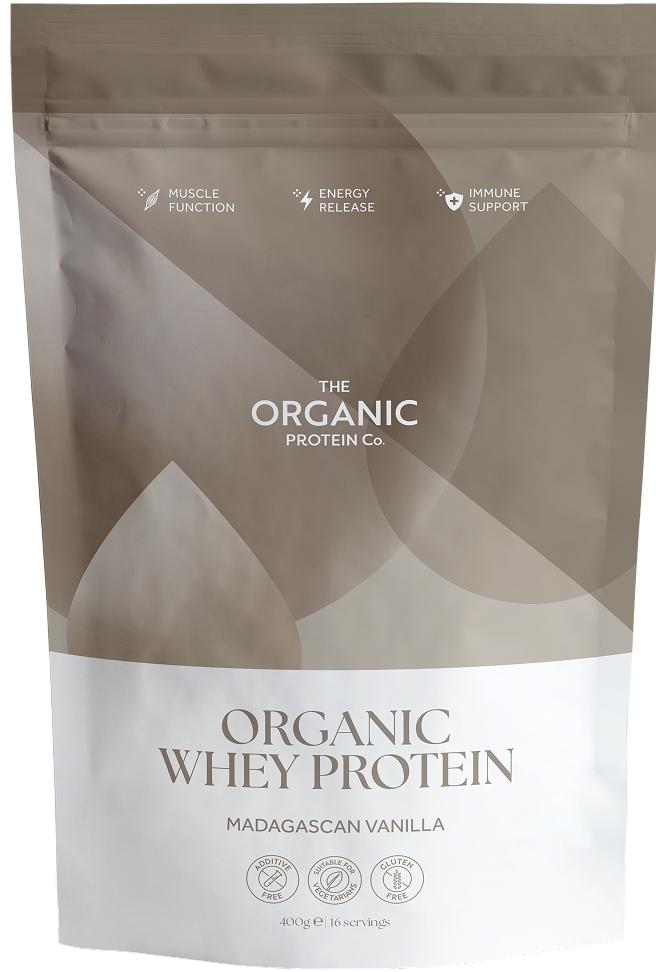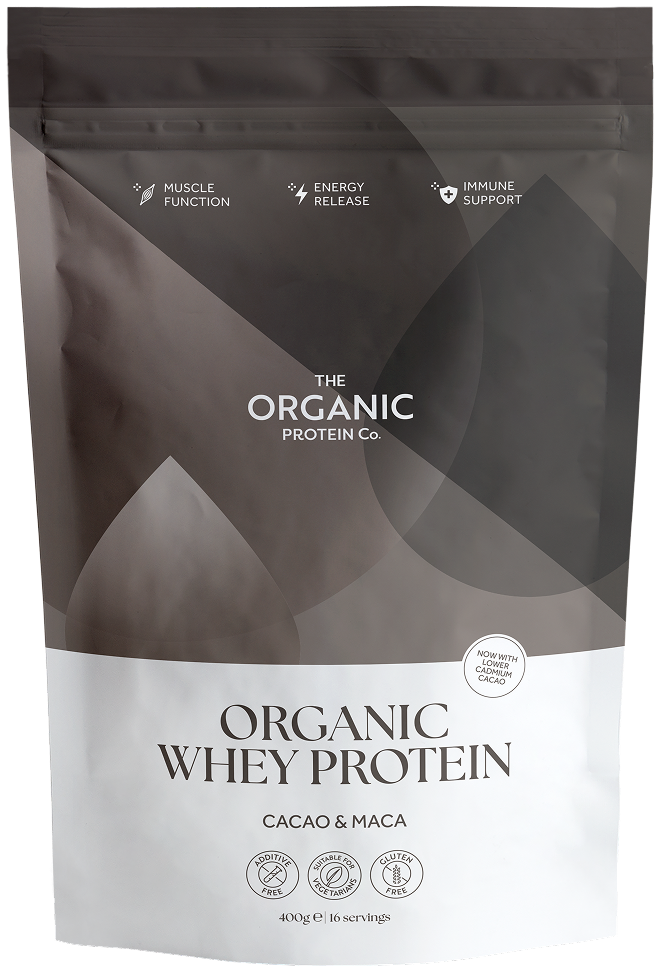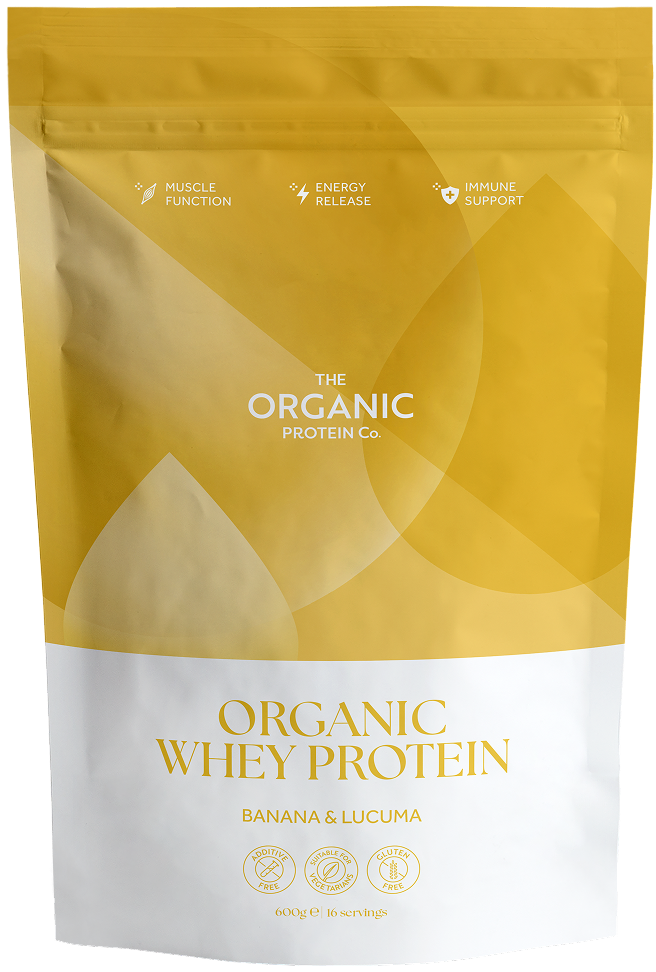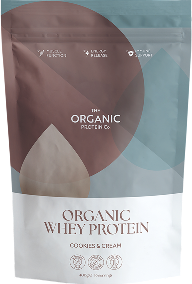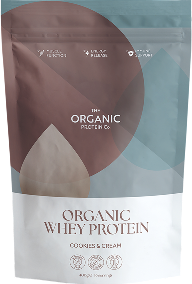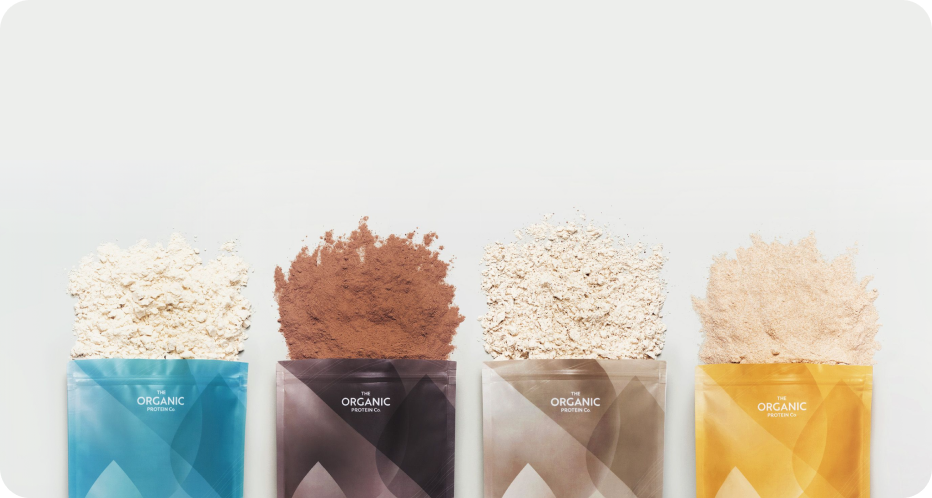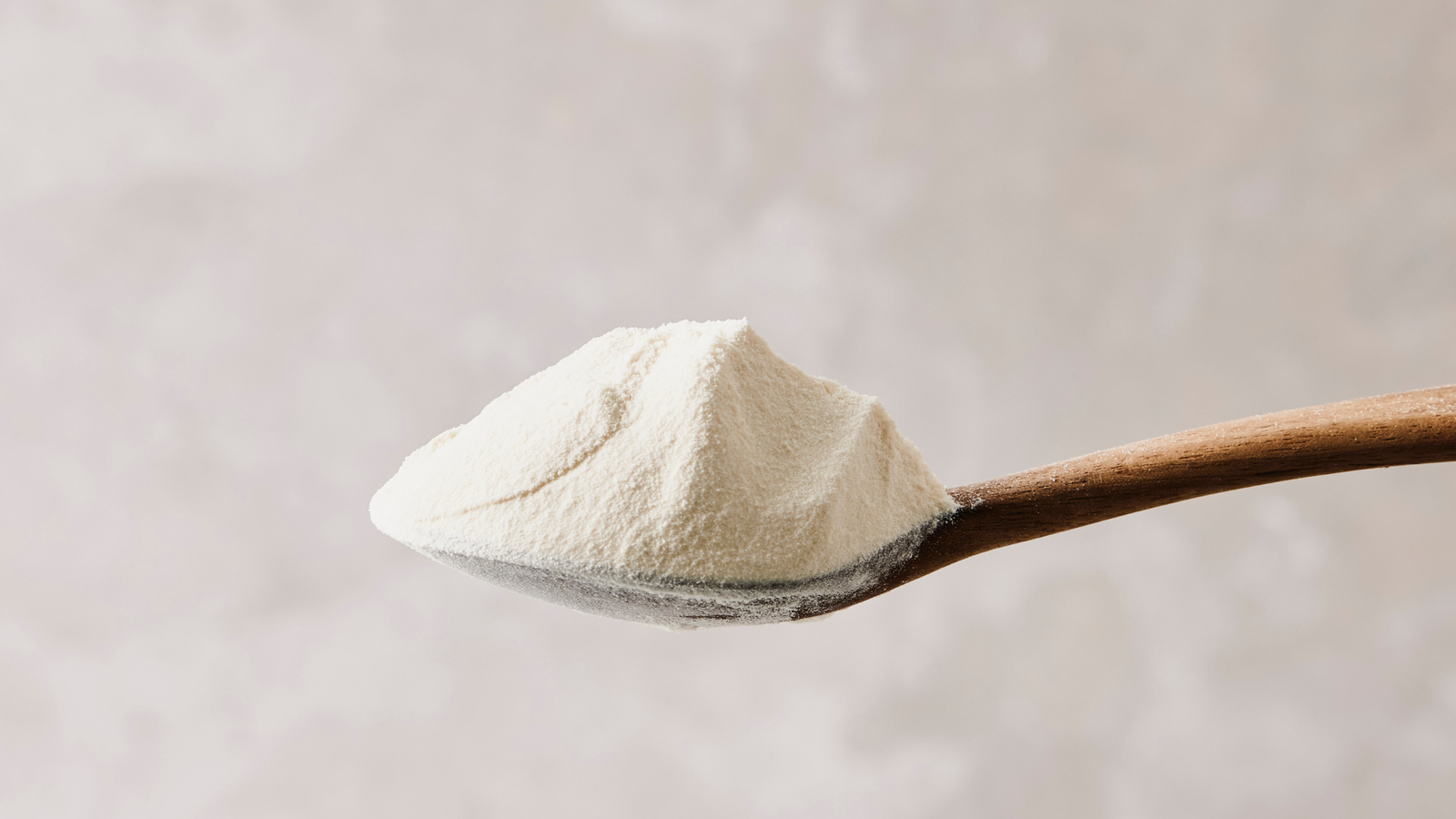Table of content
Introduction
Trying to stay on top of nutritional recommendations can feel overwhelming.
Protein is a vital macronutrient for health and wellness, but you might be wondering how to work out your daily protein requirement, whether you are getting protein from a good source, and if emerging research might shape the way we consume protein in the future.
Let’s look at the latest research around daily protein requirements so that you feel empowered to make informed dietary choices tailored to your health and lifestyle.
The Basics: How Much Protein Do You Need?
Your required daily protein intake will vary depending on factors like age, activity level, and overall health.
The British Nutrition Foundation recommends that, on average, men need 56 grams of protein per day, and women need 45 grams.
While this baseline is a helpful guide, it may not suit everyone. Rather than using averages, it is helpful to work out how much protein you need based on your individual circumstances.
How to Calculate Protein Requirements
Protein requirements by weight – per kilogram (kg) of body weight, it is recommended that adults eat around 0.75g of protein. To calculate your protein requirement if you weigh 85kg, you need to work out 85 x 0.75 = 64 grams of protein (approximately) per day.
Protein requirements by age – as we age, muscle mass and strength can start to decline. Research indicates that older adults (aged 65 and over) might have a daily protein requirement of between 1.2 and 2 grams of protein per kilogram of body weight.
Protein intake based on activity level – athletes have higher protein needs to ensure the healthy growth and repair of muscle tissue. Generally, more than 1.6 grams of protein per kilogram of weight is recommended .
Daily protein intake for health conditions – certain medical conditions, such as kidney disease, chronic illness, or the recovery period after surgery, may require tailored support from a medical professional.
Protein Quality: Why the Source Matters

Protein powders are a great way to increase your protein intake, but there can be huge variation between brands. High-quality, nutrient-dense clean proteins should provide all amino acids in adequate amounts. These tiny building blocks are crucial for processes like muscle repair, enzyme production and hormone regulation.
Organic whey protein stands out for the following reasons.
High bioavailability – whey protein is quickly absorbed ready for use by the body.
Complete amino acid profile – it contains all nine essential amino acids, and is a ‘complete protein’.
Our organic whey protein is free from synthetic additives and is derived from grass-fed cows, aligning with both health and sustainability goals.
Supporting Protein Intake for Wellness
While it’s great to meet your required protein intake goal each day, there are additional factors you can consider for health optimisation.
1. Distribute protein throughout the day
RECOMMENDED PRODUCTS
Consuming protein evenly across meals enhances muscle health compared to a single large intake. You don’t need to spend time performing complex calculations, but try to ensure each meal includes a source of protein to maximise its benefits. Around 15-20 grams of protein per meal is a good starting point.
If you find it hard to include protein at certain meals, such as breakfast, a protein shake might be the ideal choice. Each serving of our protein powder contains at least 15 grams of protein, getting you well on your way to meeting your daily protein goal.
Check out our whey timing tips and ideas for including whey in baking to add extra protein into your daily routine.
2. Incorporate diverse sources
While organic whey protein is an excellent choice, including plant-based proteins like lentils, quinoa and nuts can offer additional nutrients and dietary variety. Eggs, meat, fish, and other dairy foods such as cheese, are of course excellent nutrient-dense protein sources too.
The Future of Protein Consumption
As scientific understanding and technological innovation evolve, so will our consumption of protein. Here are the following trends to keep an eye on.
1. Distribute protein throughout the day
Plant-based proteins, protein derived from insects, and lab-grown alternatives may gain traction as sustainable options. These innovations aim to meet growing global protein demand while minimising environmental impact.
Remember to check the label of all products to ensure you are happy with the ingredients included.
2. Personalised nutrition
Advances in genetics and microbiome research could soon allow individuals to tailor protein intake to their own unique biological needs. A future where your dietary plan is optimised specifically for your DNA and gut health could be closer than we think.
3. Functional proteins
Proteins designed to offer additional benefits, such as boosting immune function or enhancing cognitive health, are becoming a focus area. Organic whey protein’s immune-supportive properties make it a strong contender in this space.
Choosing the Right Protein Supplement
Finding the right protein supplement to meet your required daily protein intake doesn’t have to be difficult. Here’s what you might like to consider.
Quality – look for organic clean protein free from artificial additives.
Bioavailability – prioritise easily digestible options like whey protein.
Sustainability – choose products sourced from ethically and environmentally responsible practices.
Find out more about using organic whey for everyday nutrition to support your overall wellbeing.
Conclusion
Protein is an essential part of a healthy diet, and understanding your daily protein intake requirement is key to optimising your health and wellbeing.
Whether you’re recovering from injury, an older adult, or simply looking to maintain energy and quality of life, tailoring your protein intake to your needs can make all the difference.
As research continues to evolve, the future of protein consumption is likely to advance. From innovative sources to personalised nutrition, staying informed empowers you to make the best decisions for your health.
Ready to elevate your nutrition? Explore our range of high-quality organic whey protein powders today and take the first step towards meeting your daily protein requirement with confidence.

